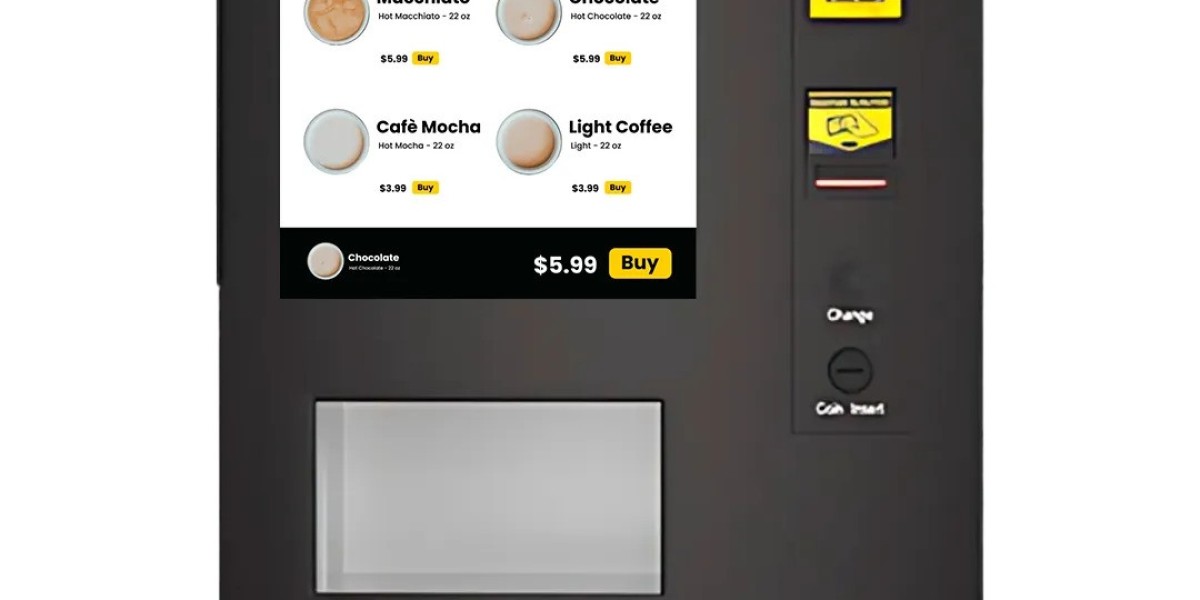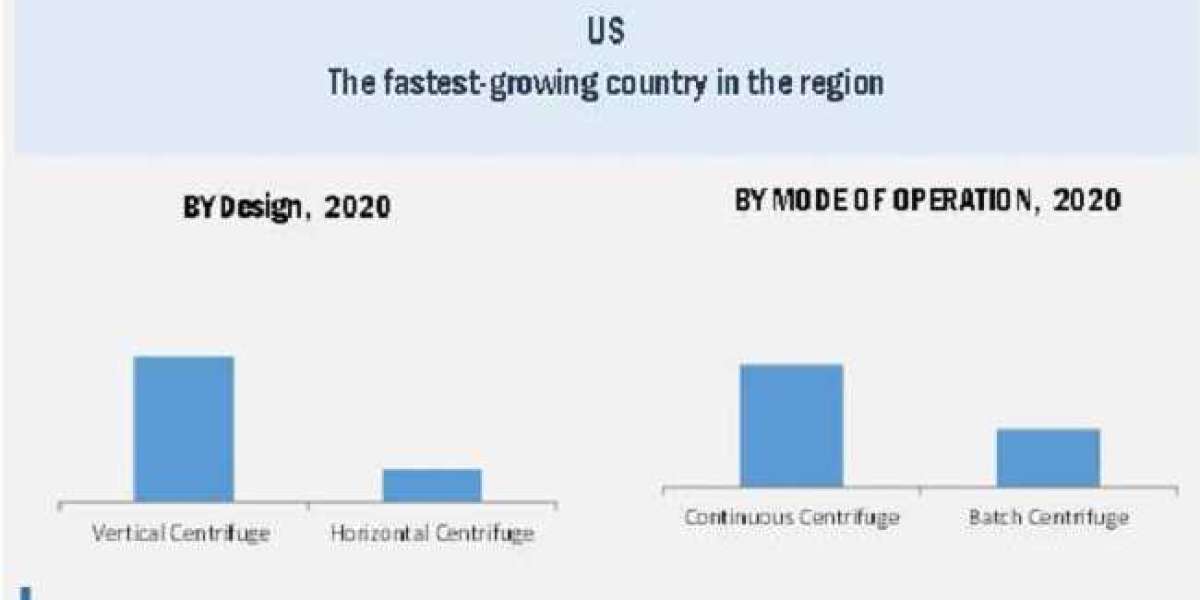As the industry grows, weed vending is emerging as a significant player in the retail landscape.
Understanding Weed Vending
What is Weed Vending?
Weed vending involves the use of vending machines specifically designed to dispense cannabis products. These machines can be stocked with a variety of items, including flowers, edibles, pre-rolls, and concentrates. Typically located in dispensaries, weed vending machines are also appearing in other venues such as hotels, airports, and even standalone kiosks in legalized areas. This approach to cannabis sales allows consumers to quickly and easily access products without the need for direct human interaction.
How Does Weed Vending Work?
Weed vending machines operate using advanced technology to ensure both security and compliance with local cannabis laws. Customers interact with a digital interface to browse available products, make their selection, and complete the purchase. Payment can be made using traditional methods like cash or credit card, as well as through digital wallets or cryptocurrencies in some locations. Before completing a purchase, users must verify their age and identity, typically by scanning their government-issued ID.
The Advantages of Weed Vending
Convenience at Your Fingertips
The primary advantage of weed vending machines is convenience. These machines are available 24/7, allowing customers to purchase cannabis products at any time of day or night. This is particularly beneficial for individuals who may have busy schedules or live in areas where dispensaries have limited operating hours. Weed vending also eliminates the need for customers to wait in long lines or navigate crowded stores, making the purchasing process faster and more efficient.
Enhanced Privacy
For many cannabis consumers, privacy is a major concern. Weed vending machines offer a discreet way to purchase products without the need for face-to-face interaction. This can be especially appealing to those who may feel uncomfortable visiting a dispensary or discussing their purchases with others. The ability to shop privately and anonymously is a key selling point for weed vending technology.
Security and Compliance
Weed vending machines are designed with security and compliance at the forefront. These machines incorporate sophisticated age verification systems to ensure that only eligible customers can make purchases. Additionally, transactions are tracked and recorded in compliance with local regulations, providing an added layer of security for both consumers and operators.
Challenges Facing Weed Vending
Regulatory Hurdles
Despite its advantages, weed vending is not without its challenges. One of the biggest hurdles is navigating the complex and varied regulatory landscape. Cannabis laws differ significantly from one region to another, and in some areas, the use of vending machines for cannabis sales is either restricted or outright prohibited. As a result, operators must work closely with legal experts and regulators to ensure that their machines comply with all relevant laws.
Technical and Maintenance Issues
Operating a weed vending machine involves more than just stocking products. These machines require regular maintenance to ensure they function properly and remain compliant with ever-changing regulations. This includes updating software, troubleshooting technical issues, and restocking products. While these challenges are manageable, they do add to the overall cost and complexity of operating a weed vending machine.
The Future of Weed Vending
Expansion and Innovation
As the cannabis industry continues to expand, so too will the use of weed vending machines. We can expect to see these machines in a wider variety of locations, from airports to college campuses (in legal areas), and with a broader range of product offerings. Additionally, advancements in technology may lead to even more secure and user-friendly machines, further enhancing the customer experience.
Integration with Digital Platforms
The future of weed vending may also involve greater integration with digital platforms. Imagine being able to browse products on your smartphone, place an order, and then pick it up from a nearby vending machine. This type of seamless integration could revolutionize the way consumers purchase cannabis products, making the process more convenient and accessible than ever before.
Conclusion
Weed vending represents a bold step forward for the cannabis industry, offering a new and innovative way to purchase products. With its combination of convenience, privacy, and security, weed vending is poised to play a significant role in the future of cannabis retail. As the industry continues to grow and evolve, these machines may become a common sight in legalized areas, providing consumers with a fast, efficient, and discreet way to access their favorite cannabis products.



